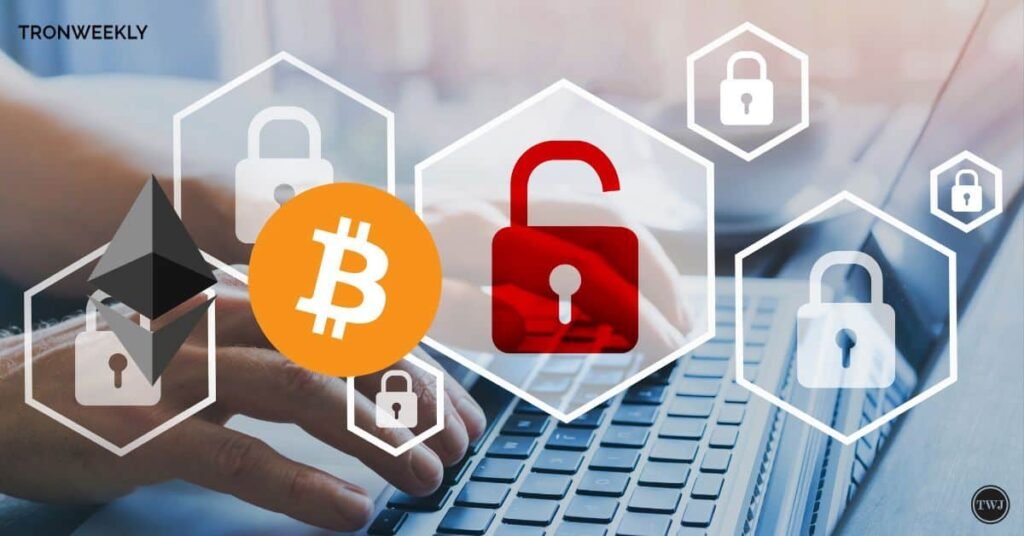How to make a strong password for 2018

Every year, many news articles report security breaches and hacks which could be prevented by use of a strong password. Most of these are a consequence of flawed digital security practices. As we move towards a more and more interconnected world each day, online security becomes even more relevant for people and businesses alike.
Although there’s always the possibility of having a vulnerability within a digital system, most of these issues are due to poorly chosen passwords. However, there’s no excuse for not having a strong and secure password nowadays, since it’s actually easy to create one.
What makes a strong and secure password?
One of the most relevant characteristics of a strong password is its length. Having a short password is not a good practice; users tend to only use enough characters until a service accepts it, which makes it easier for it to be uncovered. Passwords should aim to be at least 12 characters long, and longer if possible. Another good practice is to mix letters with different cases, numbers and symbols, in a seemingly random way.
One thing to avoid on a strong password is to add either known personal information or common strings. It’s not okay to use “password”, “123456”, names of cities or countries, your given name or date of birth. Try not to use words or phrases that are related to you.
Create a strong password out of a phrase
A good way to create a strong password that is easy to remember is to create it out of a phrase. This method consists on choosing a phrase you can easily remember and then mixing and changing the characters, keeping in mind the recommendations stated above.
An example of this: if you like reading, you might know that “George Orwell’s 1984 was published in 1948”. Parting from this phrase, you can come out with the strong password “GeOr’1984wapuin1948!”. You just have to remember to keep the first two letters of each word as well as the apostrophe and all the numbers, and add an exclamation mark in the end.
Don’t use the same password in different sites
The security of a password lies on it being unknown. Using the same password in many different sites or applications, and there’s an unfortunate breach in one of them, then your information across all the different websites is compromised. This is a strong reason not to use the same password across different sites.
One trick for this is to have passwords that are similar among them, but not exactly the same. For example, if you already used the password suggested above, you could create a similar one with another of Orwell’s books, or a different author altogether. It’s up to your creativity and memory.
Two-factor authentication
One final tip is to enable two-factor authentication whenever possible. This way, accounts are protected not only by a password (there’s always the possibility of it being uncovered), but also by another step: receiving a text message or validating a temporary key on a mobile device.
Be the first to write a comment.







